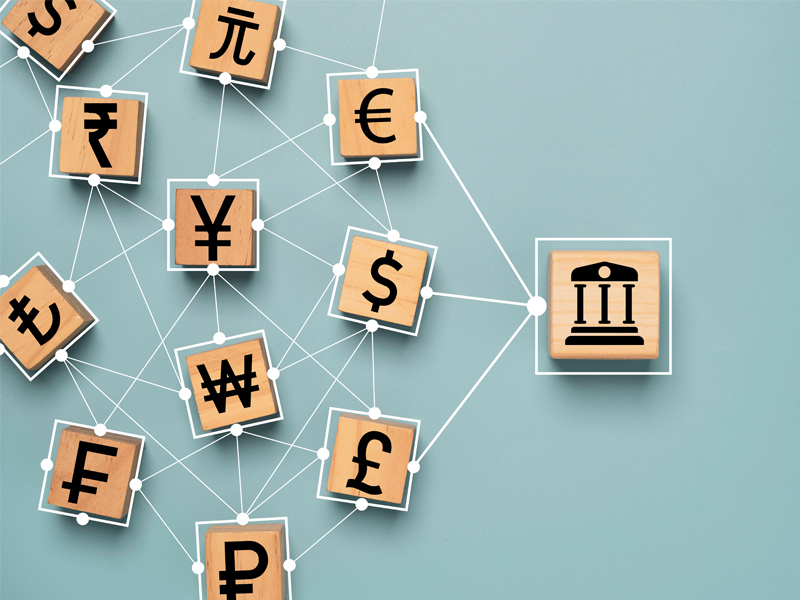Based on figures released using the payments council in the beginning of 2011, bank card expenses virtually matched cash expenses the very first time ever within the United kingdom (and they are vulnerable to outstrip it easily this year). Using the statistics, there’s been around 6 billion purchases made using atm cards within the United kingdom with the previous 12 a few days, a yearly rise of nearly 9% which transactions were worth a combined £265 billion, inside an average cost of £44 (up 7.5% overall). Yet while there’s been balance greater 21.4 billion cash transactions produced because identical period (that was nevertheless lower by 5.2%), the entire cost of those payments fell by .4% to comparable £265 billion figure.
Now clearly, these figures don’t imply cash is disappearing soon, especially since these lower average expenses of £12 or fewer are frequently most easily settled by cash. However, it’ll signal that numerous non-retail spending particularly is shifting to bank card use (and several retail too while using the passion for payment using NFC technology and smartphones soon) and possibly the very best area by which this prone to finish up significant reaches getting to cover bills (especially individuals sent from Government or Business to consumers).
What’s driving this trend is the fact cheque writing is falling continuously (in addition to is planned to totally disappear by 2018 within the United kingdom). Really, over 100 million less cheques specified for inside the United kingdom this year by consumers the cardboard that appears could be the preferred alternative, rather from the charge card. This Year, charge cards taken into account £125.4 billion price of payments, a yearly fall of .7%, with 2 billion separate purchases (developing a typical charge card transaction £63). Hence, bank card transactions outnumbered charge card payments by three to a single and symbolized greater than two occasions the general spend.
Precisely what does all this change mean for organisations about how precisely they presently work? Well to start with, accepting payment by bank card becomes pretty critical. Many companies (or possibly a number of medium to large ones) don’t at the moment and could well lose visitors to competitors later on. Beyond this possibly apparent problem is nowadays people are thrilled to save just as much time as they possibly can and atm cards could meet this dependence on faster transaction serious amounts of greater convenience (specifically when getting to cover on the web).
The advantages of accepting, additionally to encouraging bank card payments are plenty of for the organisation and include:
Less journeys for that bank (with cash and/or cheques)

Greater security (with less money and cheques to help keep safe)
Extended opening hrs for payment (allowing visitors to pay around the telephone or on the internet 24/7 and all year round-an impact which can be setup immediately getting rapport through an internet billing and payment portal for example PaySwyft.
A quicker alteration of funds for that organisation’s bank account than other methods
Generally less pricey than handling cash or charge cards
Typically reduced charge-back risks in comparison with charge cards
All of the above is most likely compelling a reasonable reason for virtually any business to consider bank card payments, in conjunction with all this payment type’s quickly growing recognition among consumers, the choice becomes very compelling in our fast-moving commercial climate.





